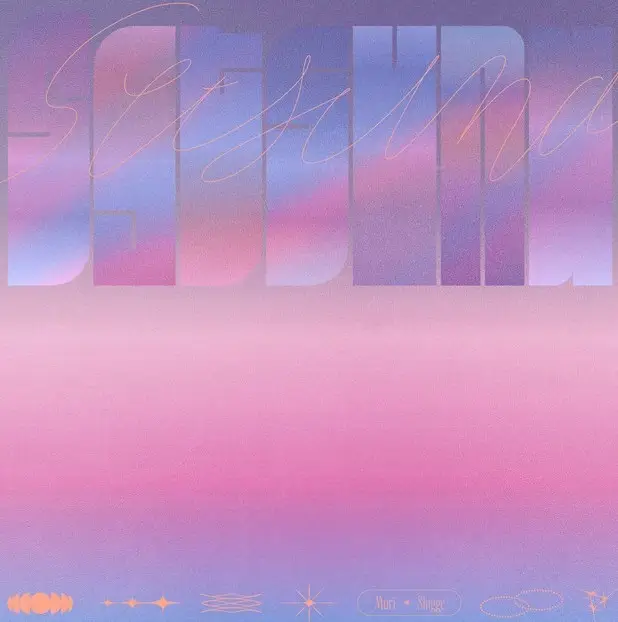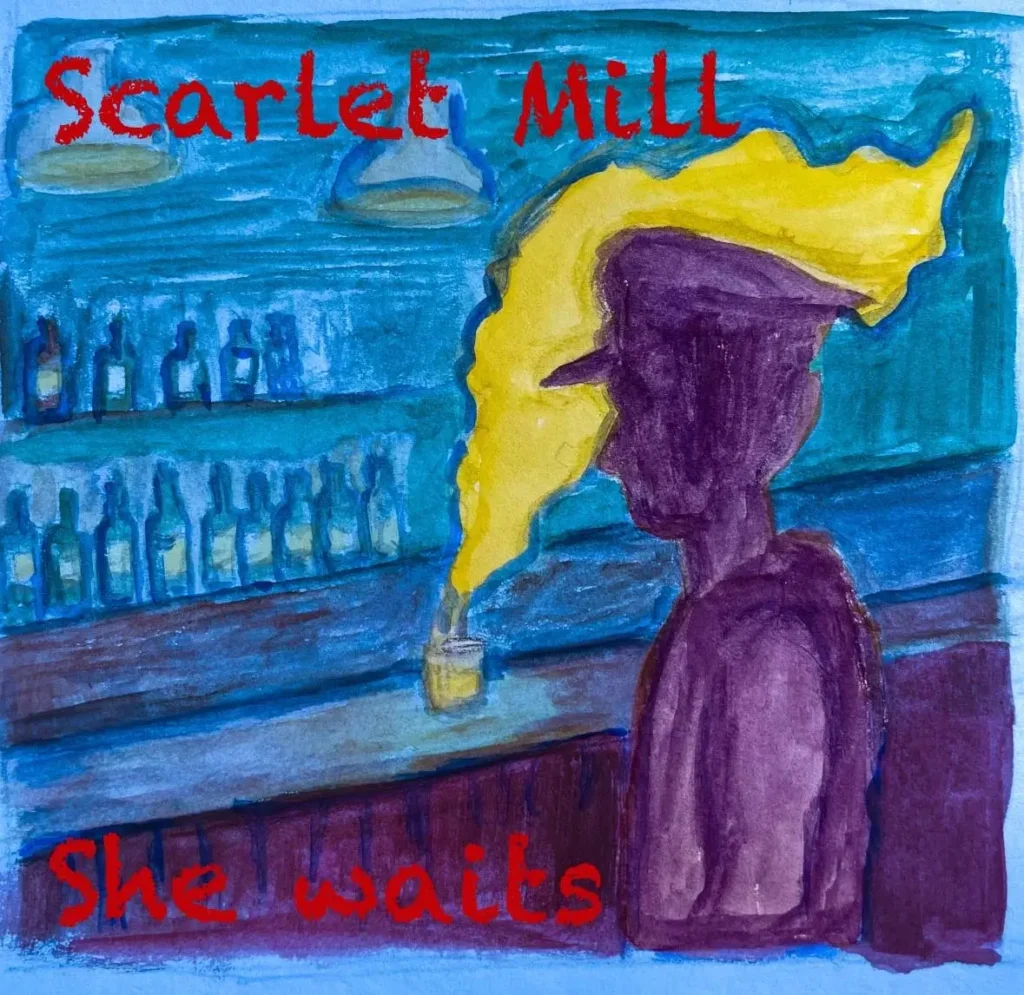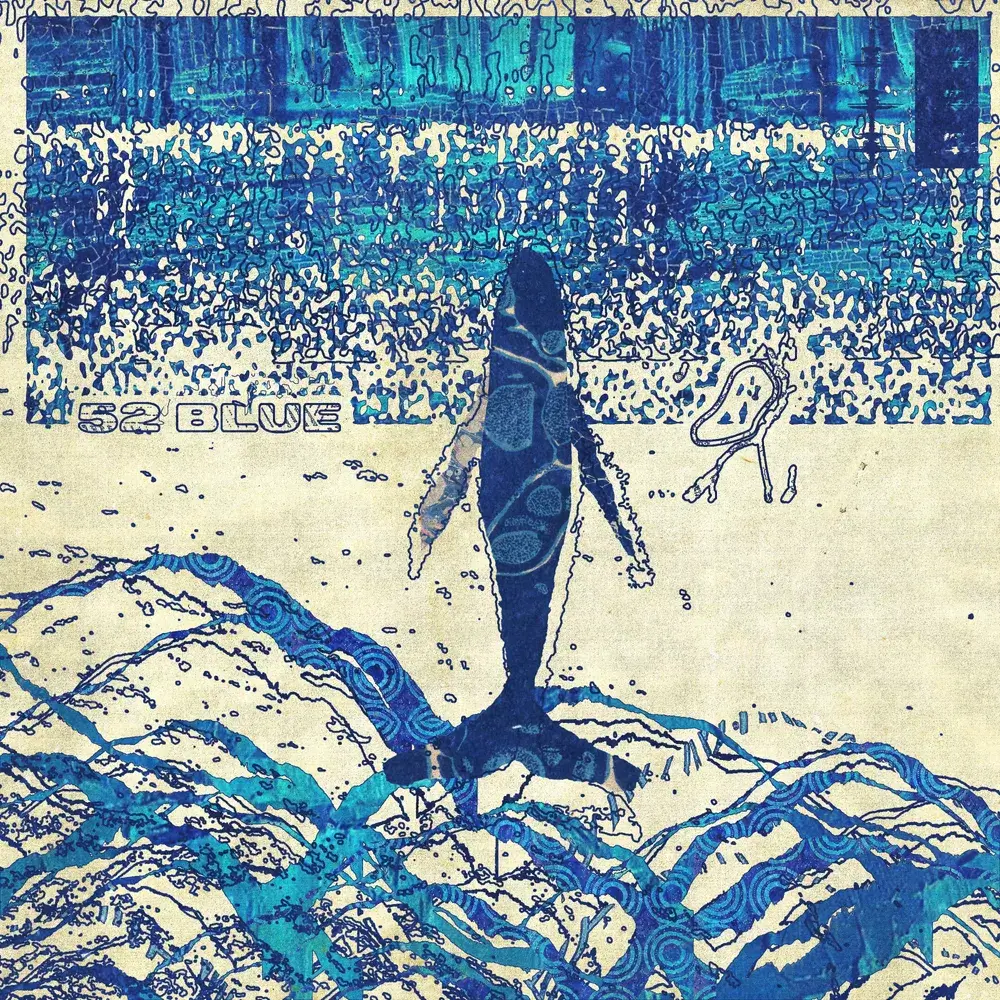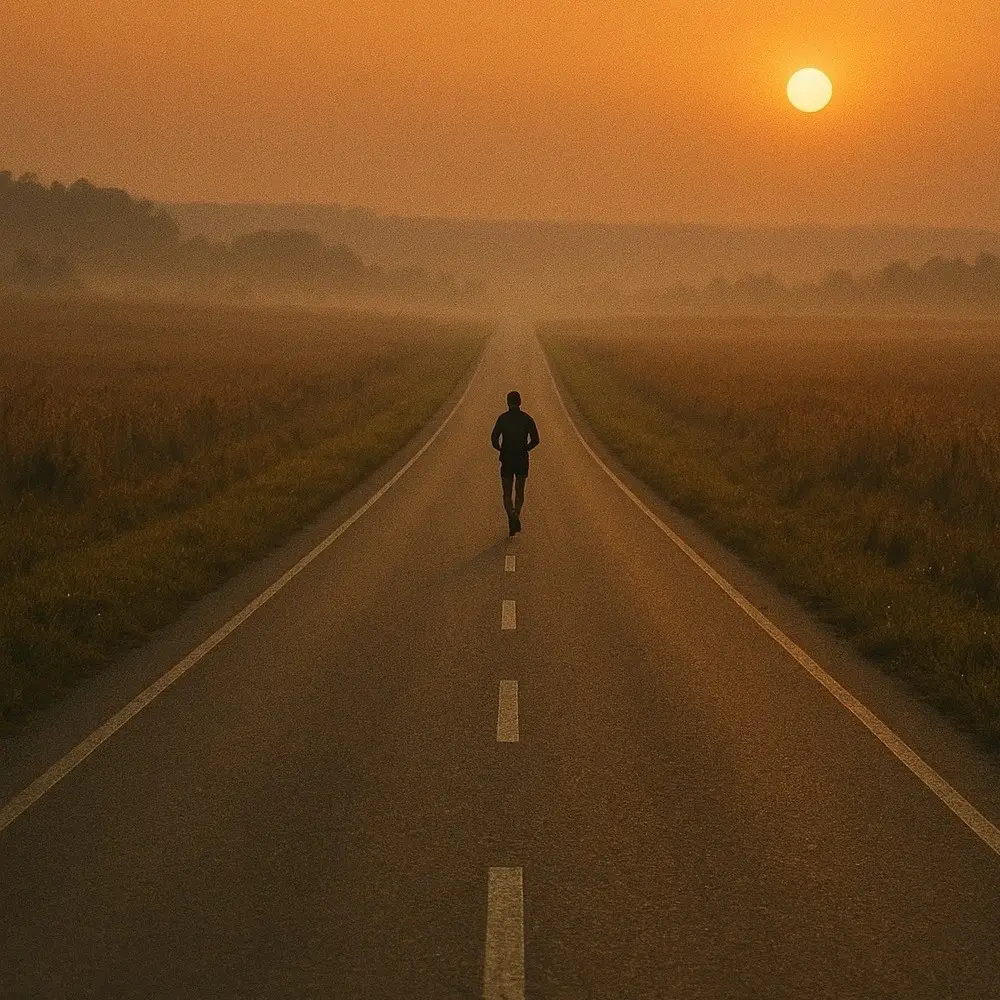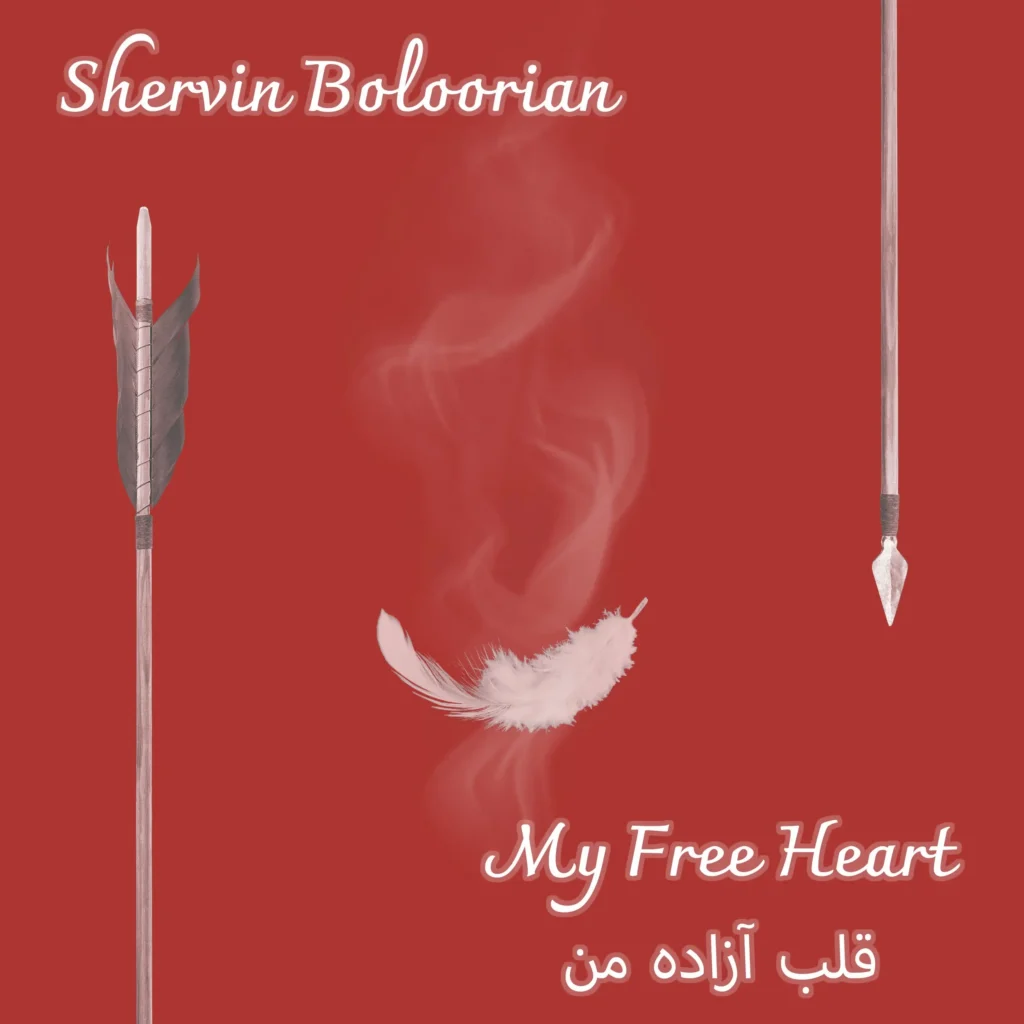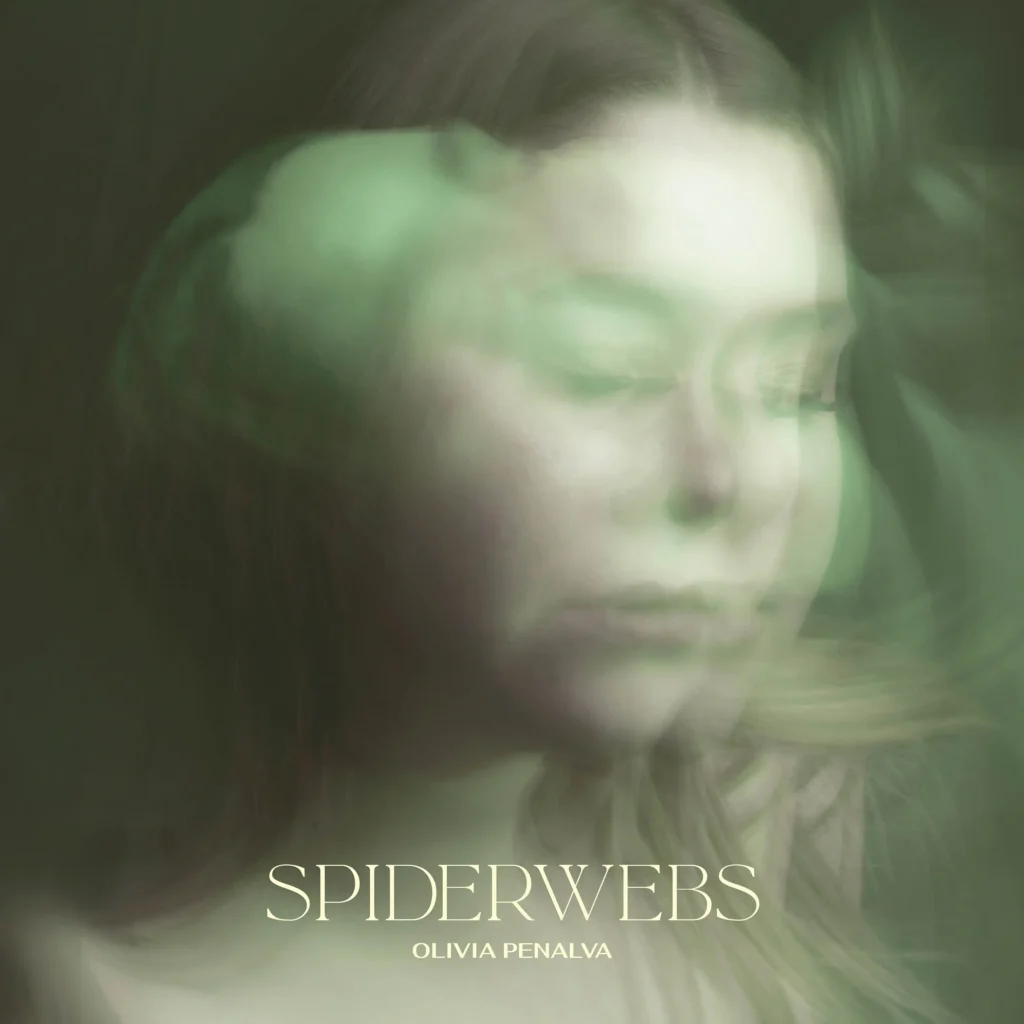Some collaborations feel like they were cooked up in a marketing department: everyone in matching outfits, smiling in front of a banner that says synergy, while someone in the corner is already working on the press release. SETSUNA is not that. SETSUNA is the musical equivalent of two strangers meeting at a bus stop, realising they’re vaguely heading in the same direction, and deciding to walk there together; no plan, no route, just the mutual understanding that “we’ll see where this goes.”
Filipino indie pop/soul artist Muri, more commonly known as the violinist of The Ransom Collective and Japanese electronic producer Shigge have managed, either by happy accident or suspiciously precise intention, to create one of the most compelling cross-continental, cross-genre EPs of the year. And the whole thing feels like it’s made of moments, which is essentially: brief, beautiful, and gone before you’ve figured out how to hold onto them.
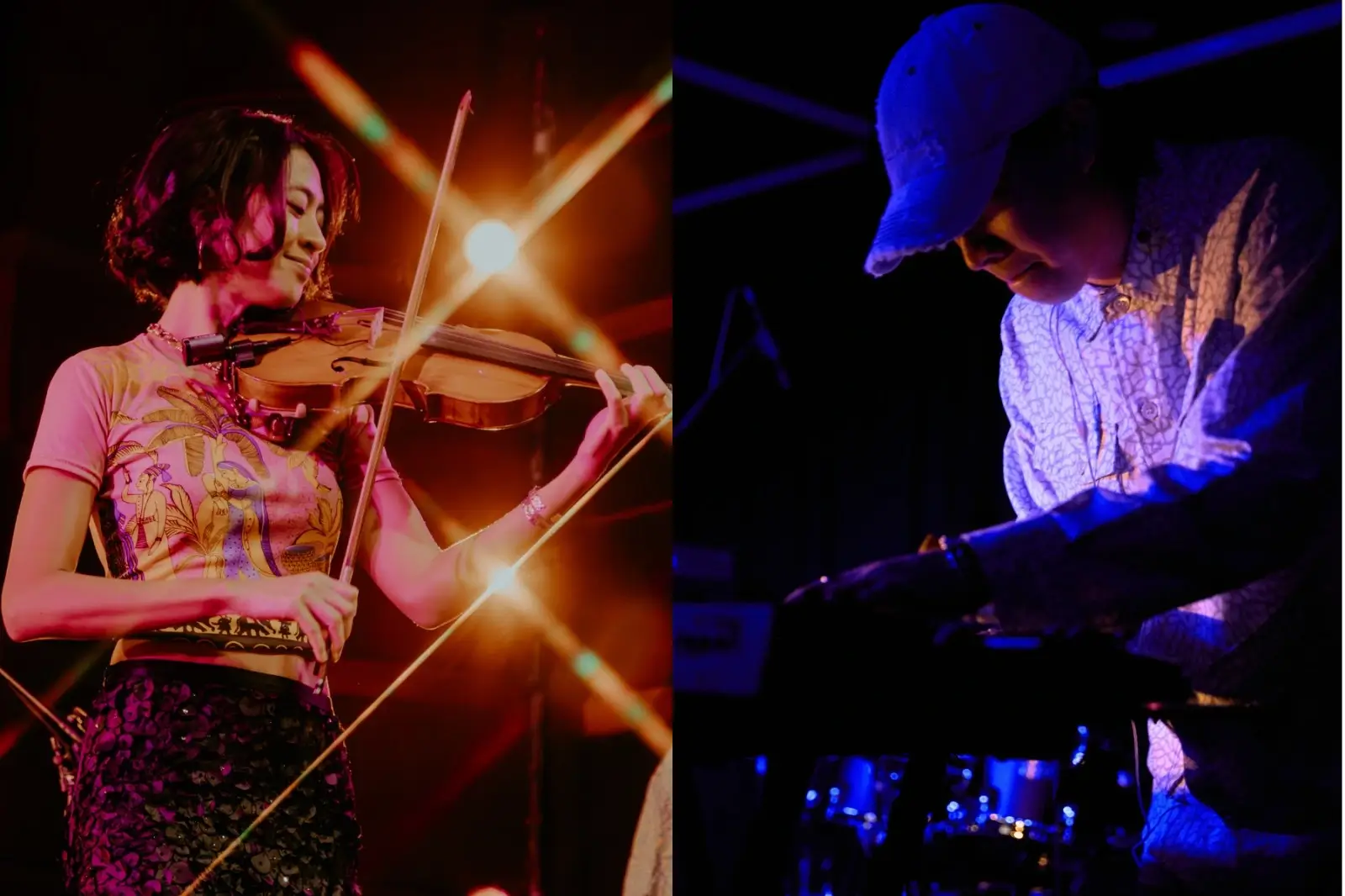
The title SETSUNA comes from a Japanese Buddhist term meaning “instant,” which is already poetic enough, but they’ve taken it literally. These tracks are like Polaroid photos: small, fleeting, and somehow even more vivid once they’ve started fading. It’s not an EP that kicks down your door; it’s one that slips a note under it and waits for you to find it.
Muri, normally a weaver of sweeping folk strings and lush crescendos, here swaps the orchestra pit for a playground of neo-soul’s smooth glide, UK garage’s shuffling pulse, and house music’s bounce. Shigge’s contribution is the kind of groove that feels like it’s been looping in some parallel dimension and you’ve just tuned in. Together, they make songs that are tight enough for the dancefloor but loose enough to feel like they’re happening in real time.
Most of SETSUNA was made remotely, with files bouncing between Manila, Tokyo, and London. Sounds like a nightmare; works like a slow-cooked meal. Every ingredient gets its moment, no part feels rushed, and you can hear the patience in the way these songs develop. Cross-genre, cross-border projects are a minefield. Too often, they either glue two styles together awkwardly or blend them into a beige, unidentifiable mush. SETSUNA dodges both, feeling instead like an actual conversation — one where each artist listens before answering.
Opener “GOLDEN HOUR” is the flagship track, and notably the only song Muri and Shigge wrote together in the same physical room. That’s not just a behind-the-scenes tidbit to trot out in interviews; you can actually hear it in the chemistry. The groove isn’t merely tight; if anything, it’s conversational. Syncopated beats tap out their own sly asides under warm, soft-focus synth chords, each instrument stepping into the spotlight and then politely stepping back without stepping on anyone’s toes. Muri’s vocals don’t so much command the mix as lounge across it, unhurried and perfectly poised, with the sound of someone who has truly mastered the art of leaning against a wall at exactly the right angle so it looks like second nature. There’s a playful looseness here, as if the whole thing is an in-joke you’re just lucky enough to overhear. They give you the setup, but only half the punchline, which somehow makes it even better. The result is warm, welcoming, and impossible to listen to without your head nodding along, almost before you realise it’s happening.
“Midnight Calls” plants one foot firmly in UK garage territory and the other in a smoky after-hours lounge, balancing jittery urgency with a sense of late-night stillness. The beat is a restless shuffle, darting in and out of the mix like something alive, while the bassline hums with the low, electric throb of a streetlamp in drizzle. The textures are all about suggestion; glassy keys that barely crest above the beat, vocal snippets that melt away before you can quite grasp them. Muri’s voice here becomes less the star and more a shadowy co-conspirator, weaving in and out of the instrumental, sometimes stepping forward with clarity, sometimes fading into the edges of the room. It feels like she’s singing with the reverb rather than through it, dissolving into the soundscape until she’s as much part of the atmosphere as the percussion. The song never resolves into a big “moment,” and that’s the point. It’s a mood in motion, the sonic equivalent of wandering the city at 2 a.m., not really going anywhere but enjoying every step.
Then there’s “Bad News”, which is the EP’s “get up and move” moment, but the kind that slips up on you. This is the most dancefloor-ready track in the set, but it sidesteps the cheap dopamine hits of a standard club banger. The bassline doesn’t sprint toward a big drop; it strolls. Confidently. Almost smugly. Like it already knows it’s the most interesting person in the room. The percussion breathes, leaving air in the mix, resisting the temptation to pile on unnecessary flourishes. The whole thing radiates a kind of unforced euphoria; the difference between jumping because someone told you to and jumping because you can’t help it. It’s more like the buzz of discovering your favourite barista moonlights as a DJ, and they’re actually good, mixing tracks that make you smile before you even realise you’re moving. It leaves you high without the sugar crash, the kind of track that wraps up while you’re still thinking, “Wait… I want more of that.”
Closer “Sayaw” (Tagalog for “dance”) does exactly what its title promises, but not in the way you might expect. It’s not a frantic rush to the finish; it’s a graceful wind-down, more afterparty than peak-hours. The rhythm is lithe, coiling and uncoiling like it’s swaying to its own private pulse. There’s a looseness to the arrangement, as if it’s been left deliberately unpolished so the edges can breathe. Muri’s delivery is feather-light, skimming the beat without ever weighing it down, the lyrical phrasing looping in a way that feels almost hypnotic. You get the sense that “Sayaw” doesn’t want to end, and when it finally does, it’s not with a crash, but with the sensation of someone slipping out of the room mid-conversation.
At just four tracks, the EP ends before you can get distracted. Which is fine, because you’ll probably hit replay before the silence sets in. It doesn’t try to be a grand artistic statement; it’s a fleeting moment, perfectly caught. It’s a refreshing work of perfection that SETSUNA works this well as either a happy accident or the beginning of something bigger. Either way, I am onboard.
Follow Muri & Shigge
Promoted Content
About the Author
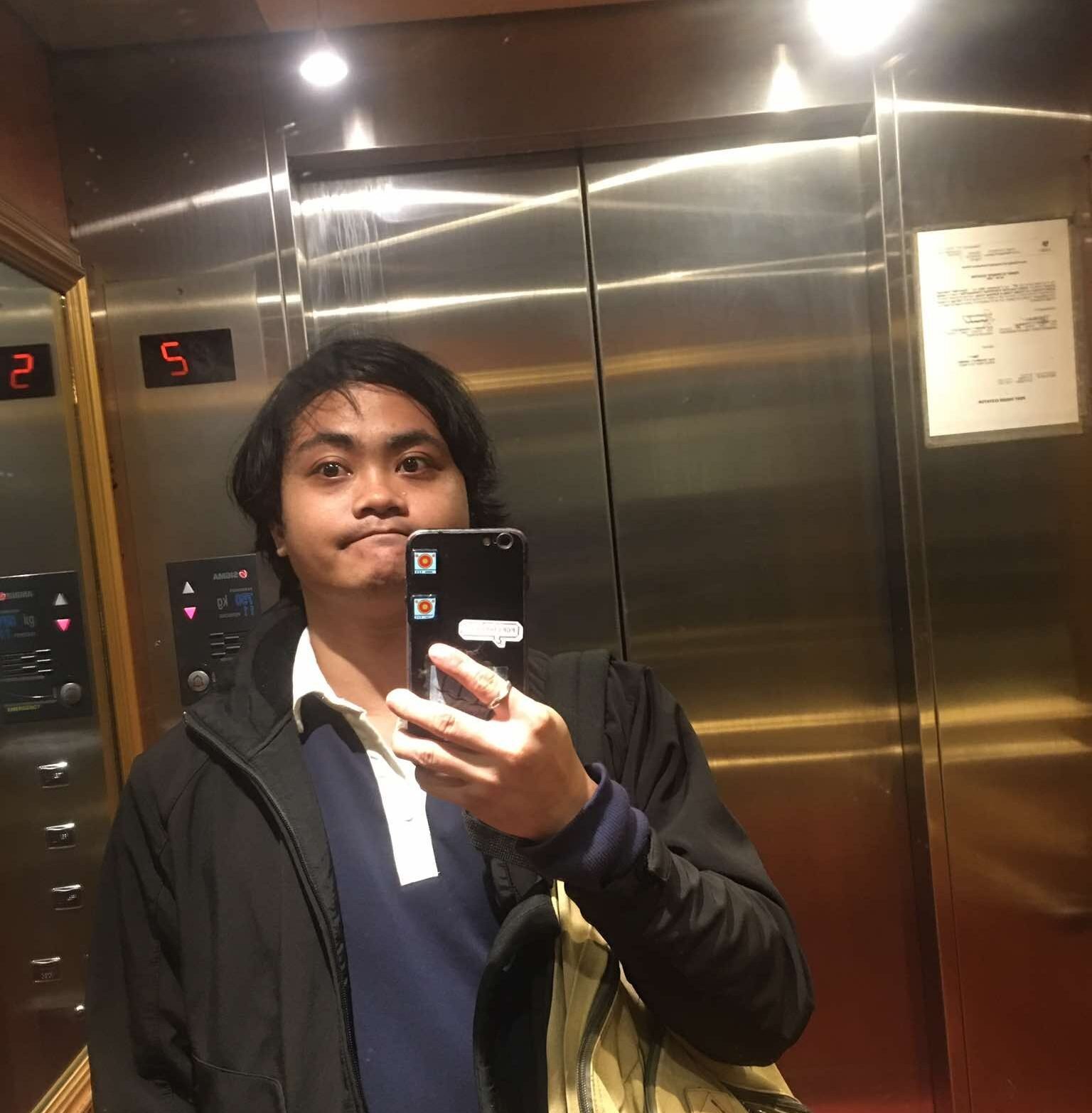
A tenured media critic known working as a ghost writer, freelance critic for publications in the US and former lead writer of Atop The Treehouse. Reviews music, film and TV shows for media aggregators.
